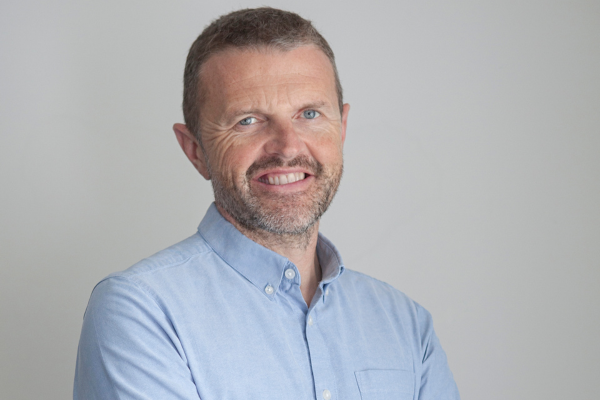 You talk about the importance of being client-centric. What is this and why should we place value on it?
You talk about the importance of being client-centric. What is this and why should we place value on it?
Being client-centric means putting your clients at the heart of everything you do. It’s about making them feel understood – knowing their challenges, needs, and expectations. They should be able to see that you’re truly invested in their success.
And it’s a two-way street. Loyal clients are the backbone of your business, keeping things running even in tough times. You want them to keep choosing you. A business that prioritises strong client relationships and maintains a diverse pipeline of work is better equipped to weather economic ups and downs, reducing the impact on your firm when the market slows.
What is cost consciousness? Why is it valuable to have this focus?
Cost consciousness involves working for the client and spending their fees in a way that truly benefits the client, being wary of adding costs and mindful to try to create efficiencies where possible. Cost-conscious behaviours include being diligently transparent with clients’ money, communicating in plain language so there are no surprises and co-creating aspects of work with the client. It’s about understanding what clients want to achieve and helping them do so in a way that maximises value – not just meeting internal budget targets or productivity goals.
The key question for a cost-conscious organisation should always be: “How do we ensure our clients keep choosing us, rather than just focusing on what we can gain from them right now?” This mindset fosters long-term success, strengthening relationships rather than chasing short-term wins.
Beaton data shows that the built environment industry could improve in this area. The project-based nature of the work often leads to a short-term focus – deliver, get paid, move on. In contrast, industries like law take a more client-centric approach, and the data is clear: this translates into higher client satisfaction and stronger long-term relationships.
Why do you think our industry is more project focused rather than having a long-term view?
I think budding engineers are preconditioned right from the education phase to deliver projects. This is probably no different to the education phase of a lawyer or an accountant in which you’re building technical knowledge, but, as soon as you enter a law firm, the client becomes very important. When you enter a firm as an engineering graduate, you are conditioned to deliver projects. Through no one’s fault there may be less of a client-centric culture in some of these organisations. The culture and subsequent behaviour being ‘we’re in the business of winning and delivering projects’ as opposed to ‘delighting clients and giving them a reason to come back for more and more.’ You need to do both!
This sometimes flows into the lack of client focus on project delivery and also into areas of business development and marketing, where lawyers may do better at managing their external profiles, building networks and delivering insights and thought leadership. They prioritise building client relationships and ensuring longevity of business. When you don’t have a consistent approach to business development and marketing activities, you are more at the behest of economic cycles, which means your business can rely very heavily on winning large infrastructure projects and large structural developments, for example.
You want to give your clients as many reasons as possible to both choose and recommend you again and again. That stems from a client-centric culture and mindset from the top to the bottom of the organisation. Translating into the right kind of behaviours and decisions that will consistently delight clients. The organisations we see that win much more than they lose regardless of the economic cycle get that.
